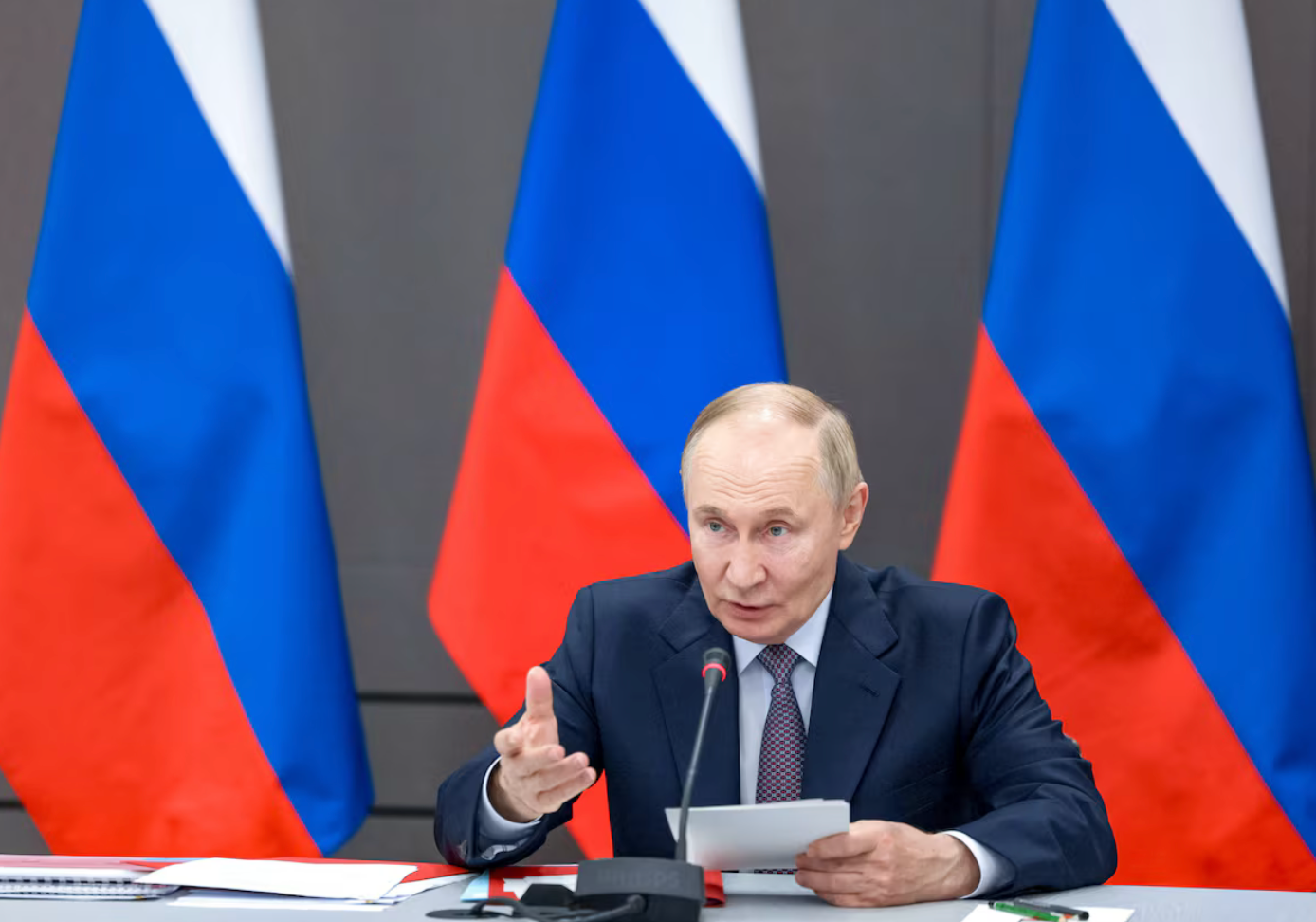Will the final nuclear treaty between Russia and the US be extended for 1 year?
Russian President Vladimir Putin on September 22 (local time) offered to voluntarily maintain limits on strategic nuclear weapons stipulated in the 2010 New START treaty for a year after the treaty expires next February, provided the United States agrees to do the same. The White House said the proposal sounded "pretty good," but President Donald Trump would respond himself.

The New START treaty is the last remaining strategic nuclear arms control agreement between the US and Russia. It allows for only one five-year extension, which Mr Putin and former US President Joe Biden agreed to do in 2021.
The latest proposal was announced by Mr Putin at a meeting of Russia's Security Council, as Ukraine tries to persuade Mr Trump to impose harsher sanctions on Moscow.
"Russia is ready to continue to comply with the limits on the number of centers under the New START Treaty for one year after February 5, 2026," Putin said. "After that, based on an analysis of the situation, we will make a decision on whether to maintain these voluntary, self-imposed restrictions."
Important treaties and the risk of an arms race
Russia and the United States possess the world's largest nuclear arsenals, and many experts fear that ending the limits could spark an arms race as both sides increase their deployment of strategic weapons.
- The New START Treaty limits the number of deployed strategic nuclear warheads to 1,550 per side.
- The number of launch vehicles – including missiles, submarines and bombers – is limited to 700 for each side.
President Trump said earlier in July that he wanted to maintain the limits set in the New START treaty after it expires.
Mr Putin said his proposal was in the interests of global non-proliferation and could help promote dialogue with Washington on arms control. However, he also set a condition: "This measure will only be possible if the United States acts similarly and does not take steps that would weaken or violate the existing balance of deterrence."
The proposal appears to be a unilateral policy shift by Moscow, which has so far insisted it would only engage with Washington on such issues if overall relations improve.
Obstacles and reactions
Differences over Ukraine have prevented the two superpowers from starting talks on extending or amending the treaty, although Mr Trump has expressed a desire for a new nuclear arms control deal that would also include China. Beijing has rejected the idea.
Daryl Kimball, executive director of the Arms Control Association advocacy group, said Mr Putin's offer was "a positive and welcome move". Urging Washington to reciprocate, Mr Kimball said Mr Trump and Mr Putin could "help alleviate the most pressing existential security threat facing the world".
For his part, President Putin warned that Russia will monitor US nuclear weapons and defense activities, paying special attention to plans to strengthen missile defense and proposals to deploy interceptor missiles in space.
"The actual implementation of such destabilizing actions could nullify our efforts to maintain the status quo in the START sphere," Mr. Putin said. "We will respond accordingly."
Senior Russian senator Konstantin Kosachyov said Putin was sending a message to the United States that he was ready to enter into negotiations on a new arms control treaty. "I hope this signal will be heard and interpreted correctly," Kosachyov wrote on Telegram.
